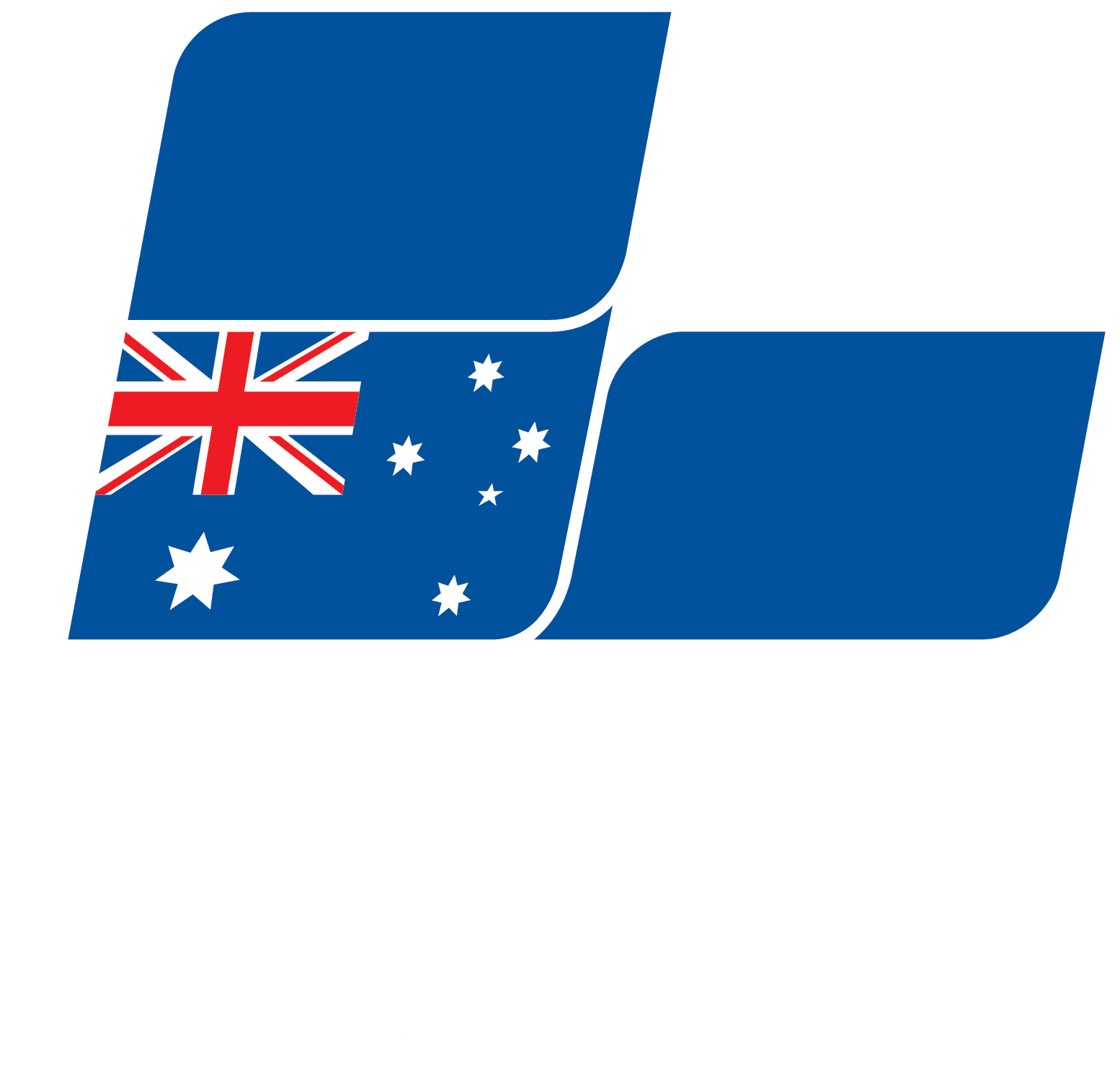Attorney-General – 28 November 2016
Senator REYNOLDS (Western Australia) (15:08): What absolute hypocrisy and much ado about nothing from those opposite. I listened very carefully to the Attorney-General this morning and clearly, unlike those opposite, I have actually read the material that the Attorney-General has tabled. As a Western Australian who has had more than a passing interest in looking at the Bell liquidation over the past 20-plus years, I actually fully applaud the Western Australian state government for taking action to finally finish this whole sad, sorry legacy of WA Labor’s WA Inc. I see absolutely no reason whatsoever why the Western Australian government should not seek to get the money to go back to the taxpayers of Western Australia in a deal that I understand would have involved the ATO also getting money back.
But the issue is this: after 20 years, who are the only people who have benefited from this? It has cost the WA taxpayers over $200 million through the Insurance Commission of Western Australia. It was a $200 million cost to the Australian taxpayers. The only people to date who have benefited from this are the lawyers. Over 20 years, the lawyers have been paid hundreds and hundreds of millions of dollars. Of course, this is an intractably difficult case that is highly likely never to be solved, so the only people who will keep benefiting from this are not the taxpayers of Western Australia and not the Australian Tax Office but instead the lawyers involved in this case. That is the first thing. I absolutely applaud the state government’s initiative to get the money back for the people of Western Australia.
Listening to the Attorney-General’s statement and also to the letters that were tabled today, I think the Attorney-General has actually answer the questions next door. Let us actually have a look at the facts and not the straw men that those opposite are now trying to build pretty much out of nothing. The evidence that has been tabled so far suggests this: on 13 April last year, Mike Nahan wrote to the federal Treasurer providing advice, advising the federal Treasurer that they were going to take this course of action in the High Court and the reasons for it. On 29 April, the federal Treasurer wrote back to Dr Nahan noting the advice and the Western Australian position. There was absolutely no hint of a deal whatsoever in either of those letters and, in fact, the letter from Mike Nahan seems almost pleading, saying that the officials stand ready to provide further information.
In the last paragraph of the federal Treasurer’s letter, if anyone actually bothers to read the letter that was tabled, Mr Hockey says this:
Given the significant nature of the proposed course of action, I urge the Western Australian government to ensure that the utmost probity is evidenced throughout the process so as to ensure that Australia remains and continues to be seen as an attractive destination for foreign investment.
That is hardly a nod and a wink for a secret deal, which appears in none of the correspondence at all.
What was the next action? On 26 November, the WA Bell Act came into force. The next day, on 27 November, Bell creditors commenced proceedings in the High Court to challenge the constitutionality. Neither the Commonwealth nor the ATO were defendants in this High Court action. Then what happened? On 16 March, the Attorney-General had formed the view that it was not necessary for the Commonwealth to intervene in this matter because the ATO had already indicated that they were going to intervene in the matter. Guess what? The Solicitor-General of this country was actually representing the ATO. So in March the ATO intervened and the Commonwealth, as I said, decided not to have a representative because they believed the Solicitor-General representing the ATO was sufficient representation.
The High Court issued a notice to the Commonwealth and states inviting the Commonwealth to intervene formally, because it was not automatic. The Attorney-General, as he said, did not initially think it was necessary because the Solicitor-General was already representing the ATO and the Commonwealth in that matter. However, a fact that those opposite have conveniently forgotten and not commented on is that the Solicitor-General provided advice to the Attorney-General to say that the Commonwealth should join in addition to the ATO. The Attorney-General accepted the advice of the Solicitor-General, Mr Gleeson. So the Solicitor-General then represented both the Commonwealth and the ATO.
This was at the Solicitor-General’s advice that he could represent both and the Attorney-General agreed. On 30 March, the Commonwealth then gave notice that they would be intervening in the proceedings. On 4 April, the Solicitor-General advised the Attorney-General that there would be no resolution. There would be no resolution with the state of Western Australia, with the government or with the WA solicitor. Far from being a conspiracy of secrets, there are none here to be had. (Time expired)


